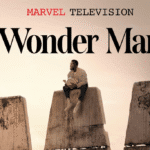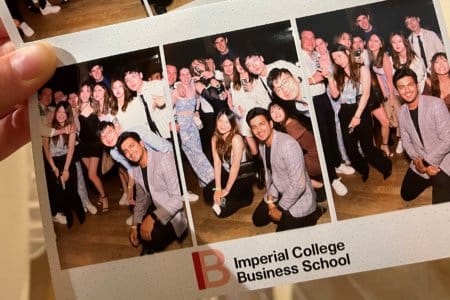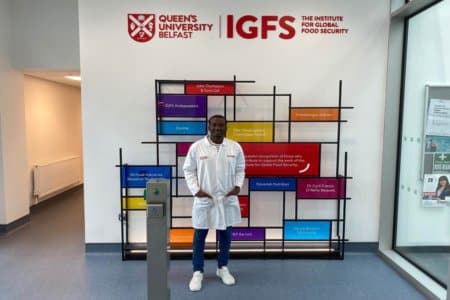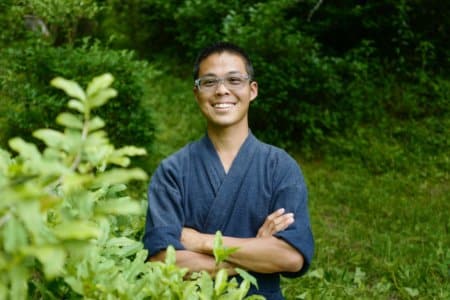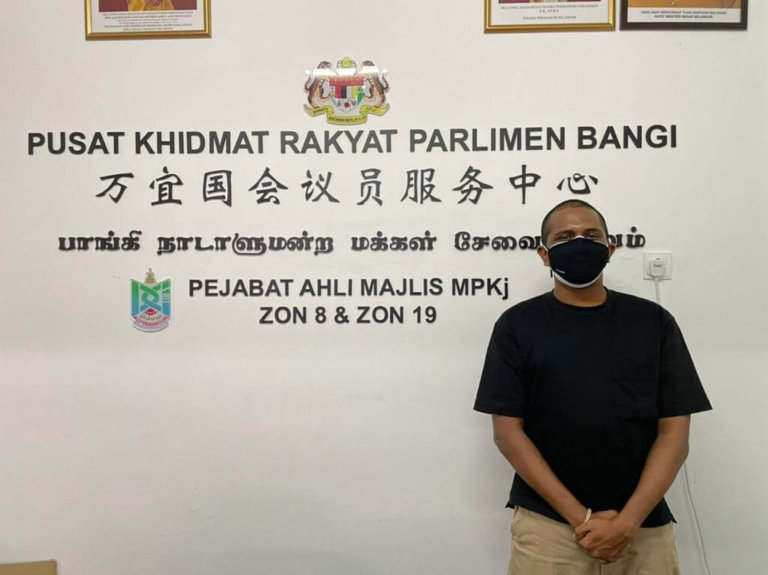
“There is no one solution that fits all.” That’s how Malaysian-born Shankar Kurunathan has led his life. As an engineer-turned-consultant who spent a year in public service, he’s no stranger to career change and pursuing different ventures.
In fact, his choice to study Electrical and Electronics Engineering at university was never made to dictate his career.
“I never wanted to be a practising engineer but I thought it was a good investment in a degree since technology is embedded in almost everything we do as humans,” he explains. “I pursued engineering for the logical training it provided.”
Kurunathan knew that he wanted a university with a reputation for academic excellence in engineering. He chose the University of Manchester — the fifth-best institution for engineering in the UK.
Ironically, it was that experience that solidified his decision not to take his engineering career further.
“Having the opportunity to study overseas, I managed to interact with a range of individuals from various backgrounds and diverse countries,” he says. “Naturally, those who had interests outside engineering would find each other in the course, and we would share similar pursuits and hobbies that eventually led us to where we are today.”
Then the pandemic struck. Kurunathan, like many other international students, rushed back home. However, he faced a dilemma: he was approaching his final year and was extremely reluctant to finish his degree online. His solution? Taking a gap year.
“A friend once told me that with every crisis, comes an opportunity,” he says. “I took the opportunity of the COVID-19 pandemic to further my interests outside the classroom. I took online courses on Coursera, developing my interests in the field of Economics and Politics through readings and taking some time to spend time with family as well.”
Today, Kurunathan divides his time between working as an analyst at WTW and serving his community. He’s gone through multiple career changes in the process. Here’s his story.

Kurunathan during his university years, where he served as Director of Finance and Treasury of the Young Malaysian Engineers Association, London. Source: Shankar Kurunathan
An engineer by trade
Growing up, Kurunathan had always enjoyed solving puzzles and arithmetic problems. He naturally gravitated towards the sciences and mathematics in school with encouragement from his parents. Through this, he developed a tactical way of thinking about the world — which informed his choices at university and beyond.
Initially, he’d narrowed down his choices to either pursue engineering or economics. “They both required a decent command in mathematics, which I always had a flair for,” he says. “I went with the latter, as I could always pursue economics for my master’s, but wouldn’t be able to do the same in reverse.”
In between his studies, he made sure to pursue interests outside of the engineering field. “I took part in various pro-bono consulting stints as a university student with 180 Degrees Consulting Manchester, iCUBE UK, and the COVID-19 Student Response Network,” he shares. “During my gap year, I had a few consulting gigs at PwC, Accenture Strategy and Frost & Sullivans’ Malaysian Offices.”
This stems from a personal commitment to always keep expanding his worldview and seek out knowledge about different environments, industries and societies. This led him to another, previously undiscovered passion: serving his community in whichever way he can.
A career change for a better Malaysia
In 2015, Malaysia’s then-prime minister Najib Razak was implicated in a major corruption scandal that shocked the world. A number of major news channels reported him channelling more than US$1 billion into his personal accounts from sovereign wealth fund 1MDB.
What followed was a number of events that changed the trajectory of Malaysia — for better, and for worse. 2018 saw a change in government for the first time since the country’s independence. In 2020, this same government was overthrown in a chess game that saw ministers hopping between parties and switching their allegiances. Today, Malaysians have elected a leader that was thrown into prison for allegedly false charges by their previous prime minister more than 20 years ago.
Naturally, many young Malaysians rose up to voice their concerns and take action to create a better, fairer country for themselves. Kurunathan was one of them. “I had gained some project management experience along with a fair amount of analytical skills in my internships,” he explains. “Given Malaysia’s current political climate, I decided to apply what I learnt to help locals in my constituency.”
Following his graduation, he decided on a career change. Specifically, he worked for a member of Malaysia’s 14th Parliament, Dr Ong Kian Ming. “During my time as a researcher in his office, I drafted various policy briefs on the economy, COVID-19 and Malaysian foreign policy; analysed state elections and even got an insight into the on-the-ground problems with policy implementations in Malaysia,” he says.
What truly opened his eyes was his time serving as a Constituency Officer for the Selangor State Government. Here, he worked on grassroots issues with the local council to better serve constituents.
After a year of public service, Kurunathan embarked on another career change: moving back into consulting. “I enjoy the versatility of the consulting industry and never get tired of solving problems faced by businesses,” he says. “There is never a one-stop solution for problems faced by clients, and the iterative process of arriving at that solution is truly something I look forward to as I start my day.”
Yet, he couldn’t truly leave his commitment to his country behind. In between work, he continues to advocate for policy reforms through Malaysia’s Youth Parliament and volunteers at the local community service centre. “I believe in a vision for a better Malaysia and wanted to do anything within my capacity to help dedicated leaders like Dr Ong Kian Ming achieve it,” he says.

Striving for self-improvement
Today, Kurunathan is 26 years old. He is constantly working at balancing his work and personal life, pursuing a range of activities and trying new things.
All of his career change experiences — as an engineering student, consultant and public servant — have contributed to his desire to keep an open mind and always pursue his thirst for knowledge. His greatest asset in this? Reading.
“I think by reading, I developed the opportunity to expand my horizons,” he explains. “Reading also provides an avenue for critical thought, which will be useful in evaluating difficult decisions. That being said, I’m guilty of only reading non-fiction over fiction, and think everyone would benefit from reading a decent mixture of both.”
His advice to students still figuring out how to lead their lives? Stay versatile.
“I think all graduates should avoid being rigid in nature, and should be expecting working environments to change from time to time,” he says. “There is no one solution that fits all. The future of work is not about how well you do a specific repetitive task, but it will be about how well you are able to adapt to the nature of work.”




